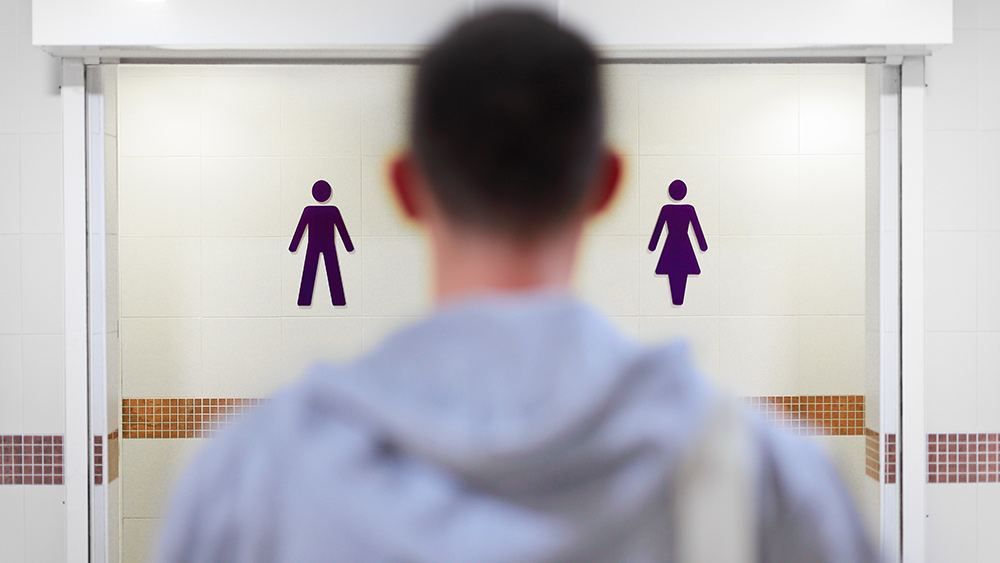How Weed Affects Your Dreams
08/11/2016 / By medicalmarijuanaupdate

When you start or stop smoking weed, you may notice a change in your dream patterns. It’s not uncommon for weed smokers to feel they’ve stopped dreaming after moderate to heavy marijuana usage. Weed affects your dreams in several ways, including changes in the frequency and intensity of dreams. Marijuana use affects the endocannabinoid system in a way that changes the duration of deep sleep and REM sleep, and those changes affect dreams. The endocannabinoid system controls many of our basic functions including appetite, sleep, mood, memory and the way it controls these functions can be changed by marijuana consumption.
(Article by Ab Hanna)
Weed and REM Sleep
During sleep, our brains go through 4 stages of sleep including deep sleep and REM sleep. The last stage we go through is REM sleep. According to a few studies, one way that cannabis affects the sleep cycle is by reducing the amount of REM sleep users experience.
Many heavy users or before bed tokers claim they can’t remember their dream from the night before or their dreaming seems to cease completely.
On the other hand, when users quit smoking marijuana there was a spike in REM sleep, which is also referred to as a “REM rebound.” During REM rebounds users experience more vivid dreams.
Some report more intense colors, more emotional dreams or even nightmares. Other substances that change the way we sleep such as alcohol and sleeping pills may cause a REM rebound as well.
Weed has also been found to reduce the density of rapid eye movements, and less REM density is associated with more restful sleep.

So far scientists are still unsure of why REM sleep is necessary, and there is no evidence that a lack of REM sleep is harmful to individual health.
Weed and Deep Sleep
Studies have illustrated that THC consumption increases the amount of slow-wave or deep sleep that users experience when in bed. Research has shown the most damage being done from sleep deprivation results from a lack of the benefits acquired from a deep sleep.
Less slow-wave sleep levels are usually a sign of future high blood pressure in males. So the benefits of extra deep sleep may outweigh any possible negatives that arise from a lack of REM sleep.
However, after the body adapts to having the extra deep sleep every night, disrupting long-term use may cause sleep to worsen. A 2008 study on sleep found that discontinuing long-term cannabis use led to shorter sleep time, less deep sleep, and more sleep disruption.
So if you aren’t having trouble sleeping, using marijuana before bed is not recommended as you may risk throwing off your current sleep cycle. Also, underage smokers are more susceptible to sleep problems during their adulthood according to a 2014 study that took information from 1,811 participants with a history of marijuana use.
More research needs to be done on REM sleep to see if pot smokers are harming themselves by deep sleeping away their REM stage. There also needs to be more research on marijuana users and dreaming to confirm a causal relationship between the two.
Submit a correction >>
Tagged Under:
dreams, marijuana, REM Sleep, weed
This article may contain statements that reflect the opinion of the author





















